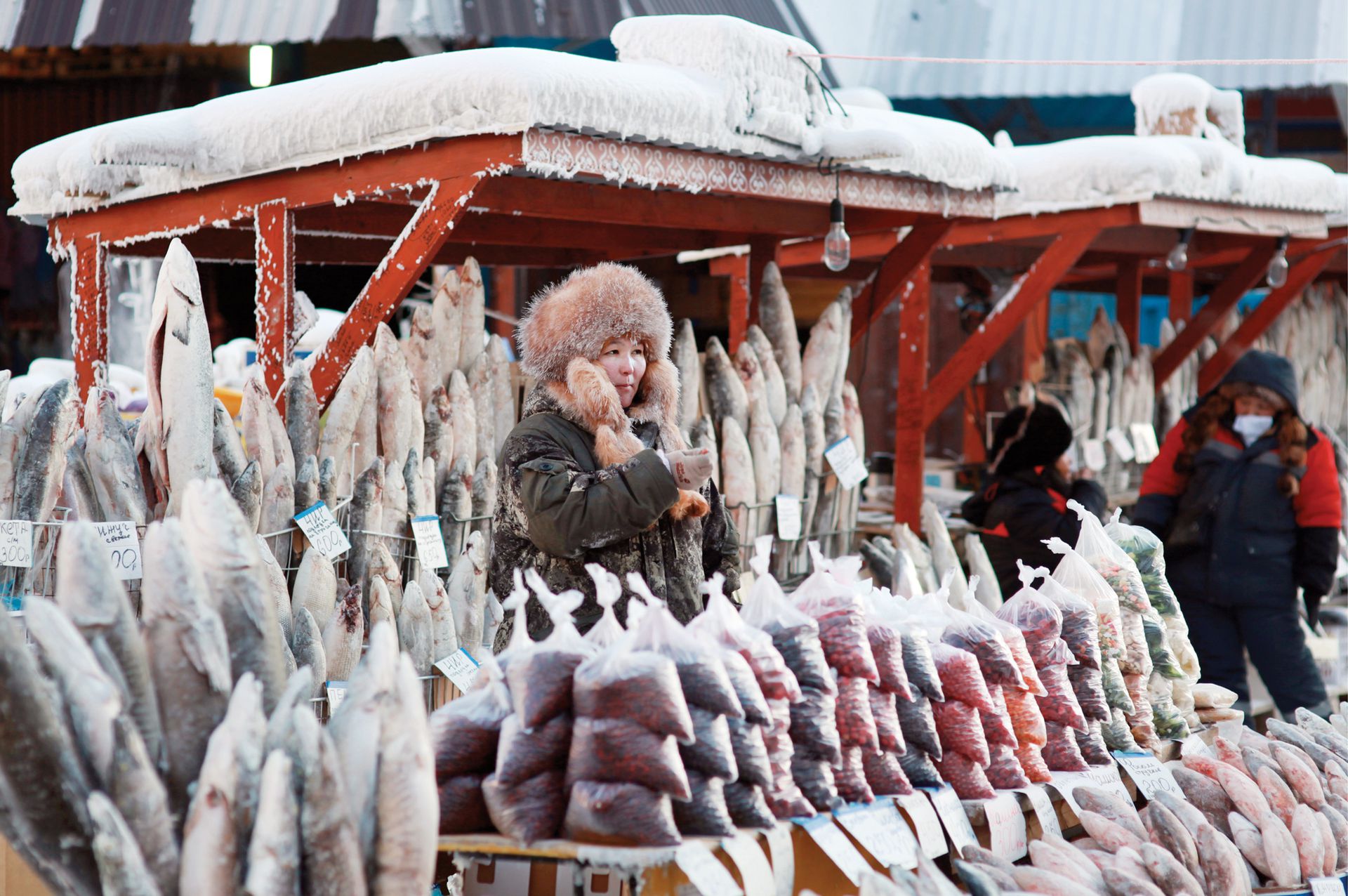This line of action is designed to build upon the existing measures already being conducted in the city through a series of interlinked actions focused on vulnerable groups who experience various barriers to meaningful engagement and participation.
To improve the resilience of the city of Yakutsk, it is essential to intentionally recognise these different categories and increasingly include them in policies and decision-making processes.
The municipality should continue developing schemes for the various vulnerable groups in the city, particularly as they emerge from the implementation of this line of action.
The Dialogue Network corresponds to the need for a multi-stakeholder multi-sector approach that will create a venue for participation, while the Participatory Mapping with Vulnerable Groups promotes recognition of their knowledge and experiences.
Using these platforms as a jumping off point, the municipality can begin to develop more inclusive programmes and projects, which can involve encouraging the ingenuity of their citizens through the Social Impacts Projects Generator, and creating transformative actions for specific vulnerable groups, such as an Intergenerational Living Scheme for the elderly, an Alternate Housing First Scheme for the homeless, and a Welcome & Integration Scheme for newcomers to the city.


